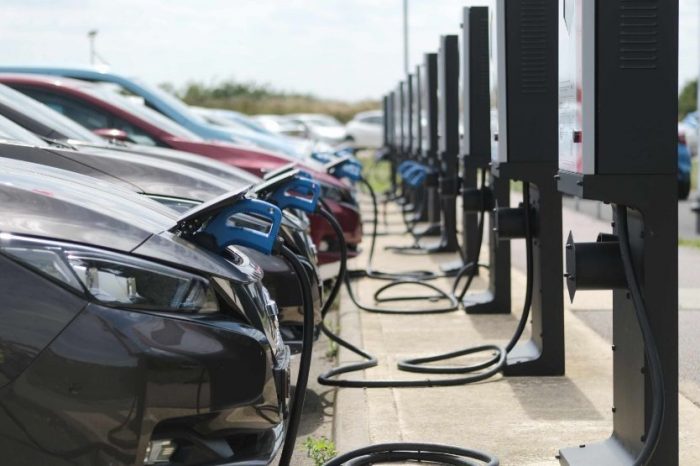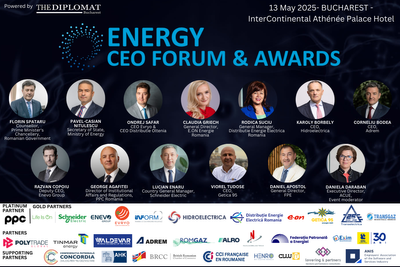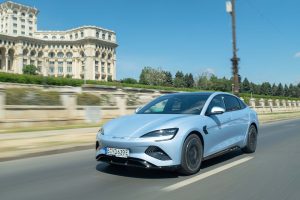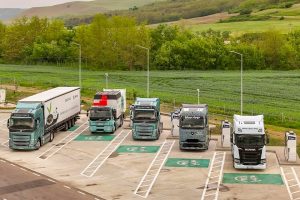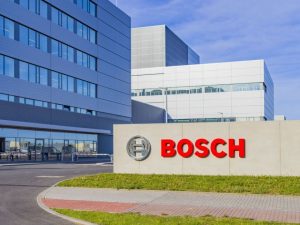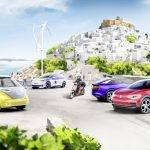Volkswagen to create climate-neutral mobility system for Greek island
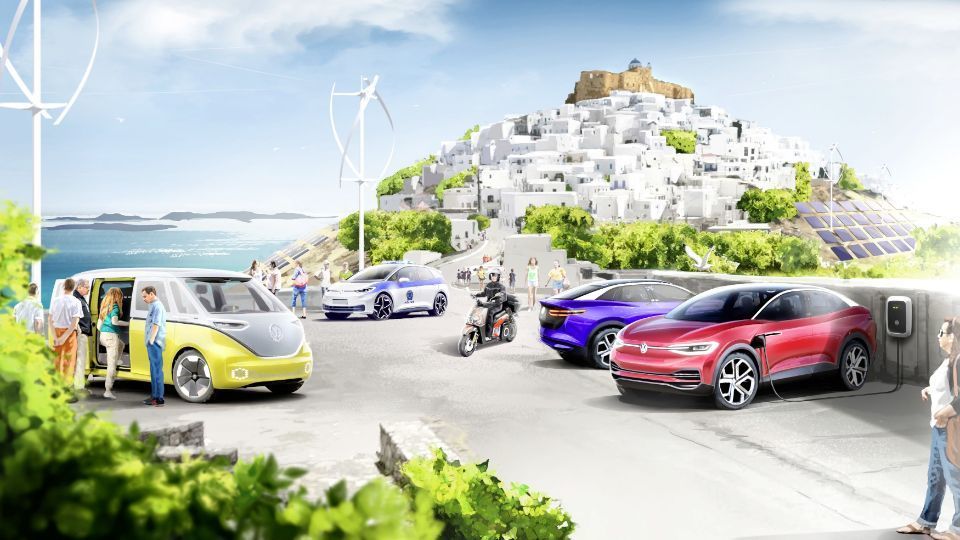
The Volkswagen Group and Greece have agreed to establish a ground-breaking mobility system on the Mediterranean island of Astypalea. To that end, the current transport system on the island will transition to electric vehicles and renewable power generation. In the long run, Astypalea will become a model island for climate-neutral mobility.
A memorandum of understanding to this effect was signed in Wolfsburg and Athens today by Konstantinos Fragogiannis, Deputy Minister of Foreign Affairs for Economic Diplomacy and Openness, and Herbert Diess, CEO of the Volkswagen Group.
New mobility services such as vehicle sharing or ridesharing will help reduce and optimise traffic. Energy will be primarily generated from local green power sources such as solar and wind. The project initially will run for six years.
At the center of the project is an entirely new, cutting-edge transport system with digital mobility services, including an all-electric year-round ridesharing service designed to take the current very limited local bus service to a new level.
Together with local partners, part of the traditional vehicle rental business will be transformed into a vehicle sharing service offering e-scooters from the Group’s SEAT brand and e-bikes in addition to electric cars. This alone will help to significantly reduce the vehicle fleet on the island. In total, some 1,000 electric vehicles shall replace about 1,500 vehicles with combustion engines.
Astypalea is an island in the southern Aegean Sea covering an area of some 100 square kilometres. It has a population of approx. 1,300 and is visited by some 72,000 tourists each year. Astypalea currently only has a very limited public transport service with two buses that only operate on a small area of the island. At present, energy demand is almost entirely met by fossil fuel sources. The island aspires to become a pioneer for sustainable tourism over the coming years and is therefore backing sustainable mobility.




